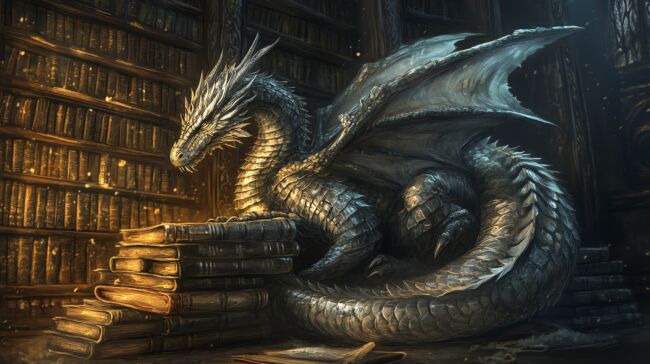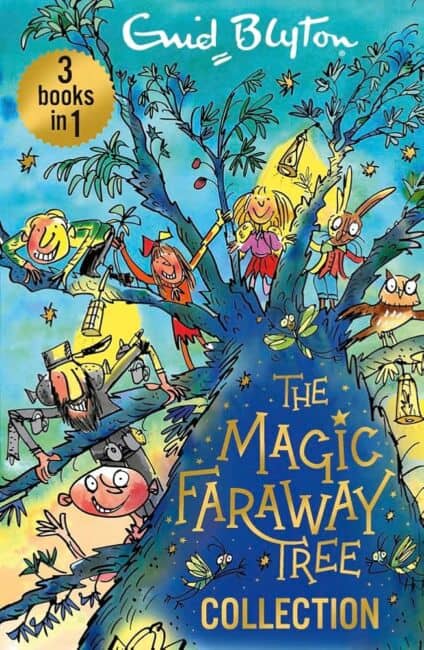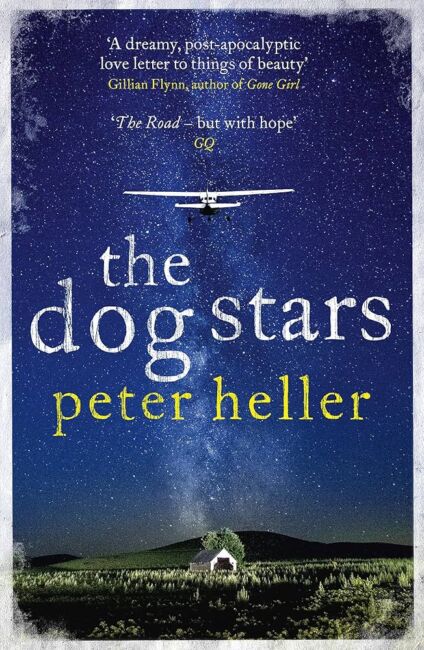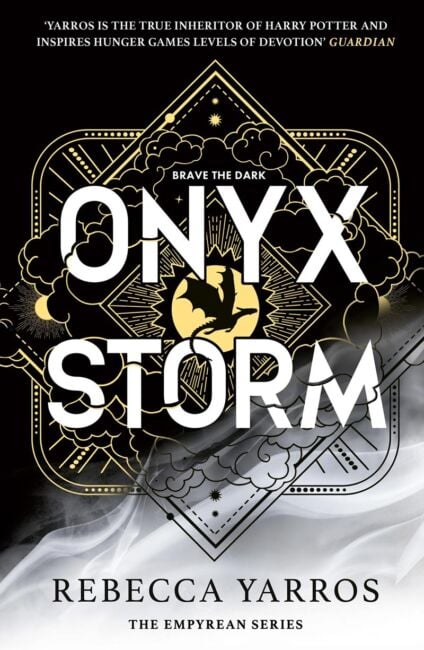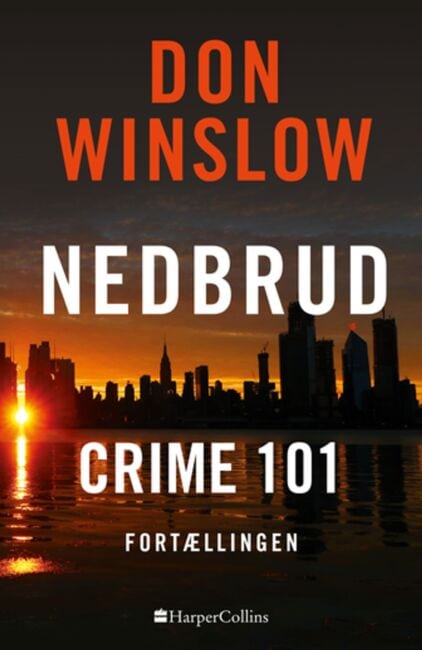The Influence of Mythology on Modern Literature
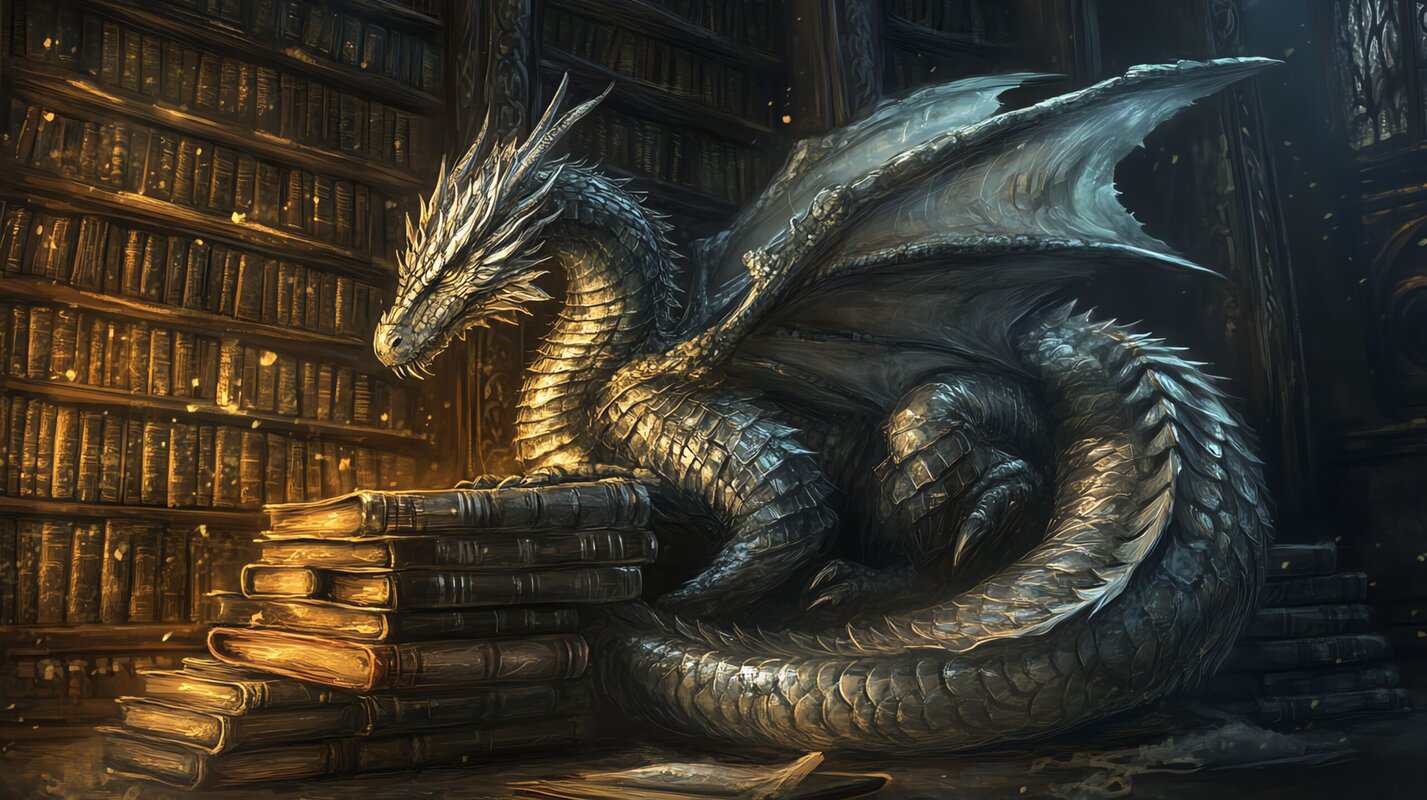
Mythology is often presented and thought of as “old stories”; as Zeus with his thunderbolts or Thor with his hammer. But it’s not just old stories. Mythology has shaped the human imagination for thousands of years. These stories aren’t just dusty relics tucked away in old scrolls or marble halls – they’re alive and constantly shapeshifting their way into modern culture, with surprising power and relevance. Today, you can see their traces in bestselling novels, in film narrative arcs, and even in everyday speech.
So what is it about mythology that continues to cast such a long shadow over modern bookshelves? Let’s take a look.
Why mythology still matters
So let’s begin with a fundamental: mythology isn’t just about gods and monsters. Most stories reflect something about the zeitgeist (the general feeling and thinking of a certain time period) they were written in. But myths are so old and so persistent, that they tend to act more like a mirror to humanity. And this mirror has the unexpected effect of reflecting our fears, dreams, values, and (ultimately) some eternal, unshakeable questions: What is fate? What is happiness? What is love? What is life all about?
A story about World War II will largely express the horrors of war and articulate how it felt to be alive at that time in the world. But the stories in, for example, Ovid’s Metamorphoses, don’t really tell us what it was like to live in Ancient Greece – they tell us what it’s like to be human. Sure, there’s a whole lot less turning-into-swans and being-born-from-ears in the real world, but these stories still show an underlying set of concerns that the creators, as well as the recipients of them, held.
The more you read ancient mythology, the more you realise that our fundamental psyche hasn’t really changed – at least in the last 5000 or so years. The stories are all concerned with the fundamentals: doing right by other people, being fired by jealousy over love interests (we’re looking at you, Hera), and working enough to be able to get by and feed a family.
What’s more, even the more explicitly morality-driven stories reveal fundamental moral lessons. You don’t find a great deal of etiquette, you find stories about being careful of what you wish for, avoiding hubris, avoiding greed, working to alleviate suffering, and generally trying to avoid angering any of the Greek gods (though this seems to be less of a concern in our modern world).
In short, a lot of ancient myths offer ready-made recipes for personal growth or societal collapse – and it’s these core arcs that get recycled time and again because they persist in how we view the world today.
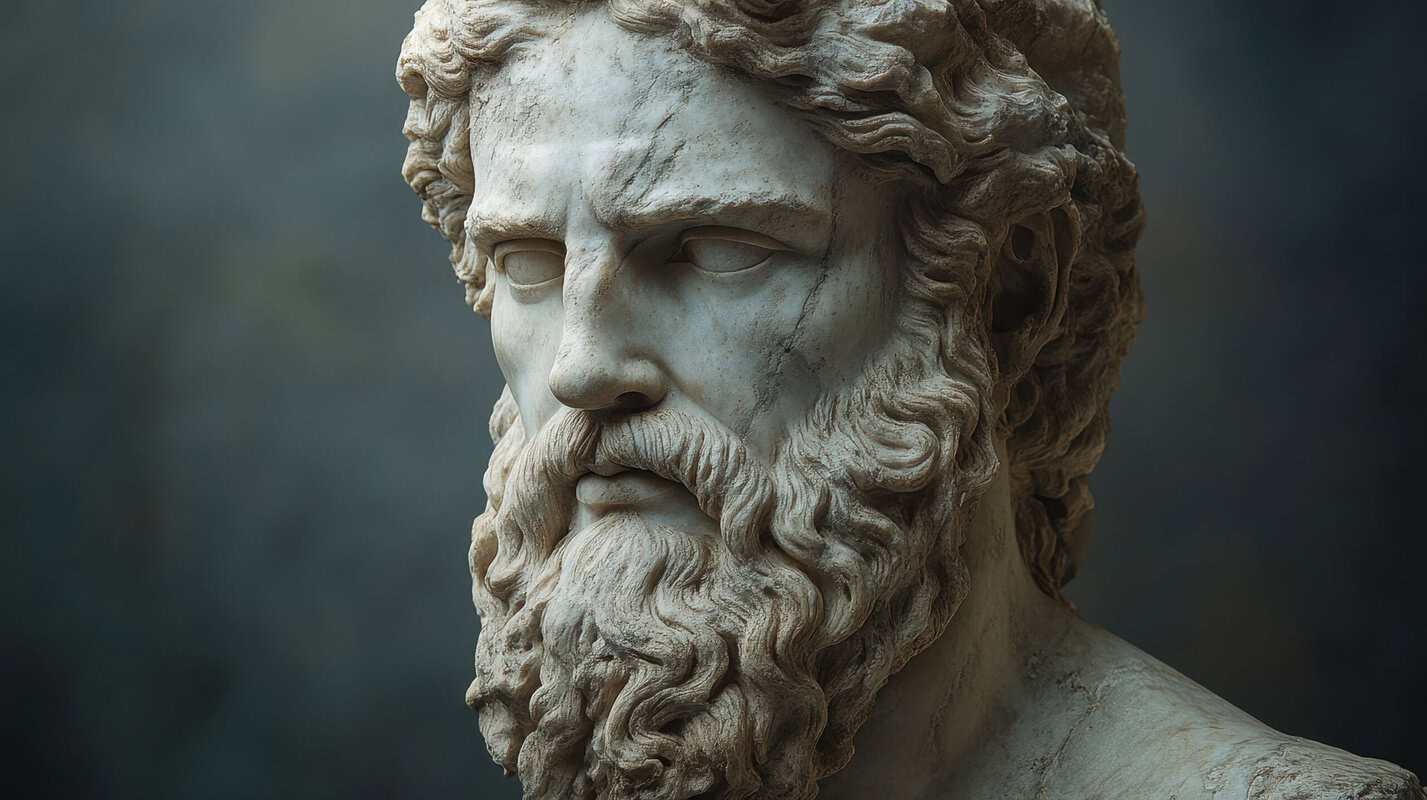
How ancient stories shape modern tales
So now to talk about modern literature. It has inherited more than just a few dramatic plot twists from mythology. Here are some of the key ways myths continue to show up in contemporary fiction:
-
The Hero’s Journey
Joseph Campbell famously developed the concept of the “monomyth” – the idea that all stories are, in some way, retellings of the fundamental story of The Hero’s Journey. Think of Odysseus battling his way home (with a few not-unpleasant detours, if we’re to be so bold), or Theseus braving a labyrinth as a young warrior, defeating the Minotaur, and uniting all of Attica as a great king. Today, we see echoes of this structure in everything from The Hunger Games to Percy Jackson.
-
Archetypes and tropes
Myths gave us templates for countless characters: the wise mentor (Athena’s generally one of the good ones), the noble hero, the vengeful god/king, the tragic lover. These archetypes continue to populate modern stories because they continue to populate human life.
-
Reimagining myths
Contemporary authors love to put twists on old tales – whether it’s telling the story from a forgotten character’s perspective, or setting ancient conflicts in a futuristic landscape.
Famous examples in modern literature
So now we understand that mythology tends to run through everything, let’s look at some modern literary works where mythology isn’t just an influence, but the direct beating heart of the story.
-
Circe by Madeline Miller
This is a bold reimagining of the enchantress from The Odyssey. In the original story, she turns Odysseus’ men into pigs and entraps Odysseus into staying on her island. Miller’s Circe is instead a feminist retelling that dives into questions of power, isolation, and transformation. Miller uses a lyrical prose that echoes Ancient Greek writing, but with a modern sensibility.
-
American Gods by Neil Gaiman
Gaiman asks what happens when ancient gods face extinction in the modern world. Mixing Norse, Slavic, Egyptian, and Native American mythology with Americana, this novel explores belief, migration, and the shifting landscape of cultural memory.
-
The Silence of the Girls by Pat Barker
The Iliad and Odyssey are frequently revisited in modern literature. This tale shifts focus away from Odysseus and instead towards the women who were silenced in the epics. In fact, one of the most persistently controversial elements of the Odyssey is the fact that Odysseus chooses to also kill the handmaidens of the palace, without considering that they were unlikely to be willing companions to Penelope’s suitors. Barker’s story gives a voice to these voiceless women, and critiques the glorification of war in classical mythology.
-
Anansi Boys by Neil Gaiman
This is a hilarious and heartfelt story spun from West African mythology. The novel follows the sons of Anansi, the trickster spider god, as they navigate family drama and divine inheritance.
-
The Song of Achilles by Madeline Miller
A tender and tragic love story between Achilles and Patroclus, this novel humanises the larger-than-life heroes of The Iliad, and re-centres their story around love and loss rather than blood and glory.
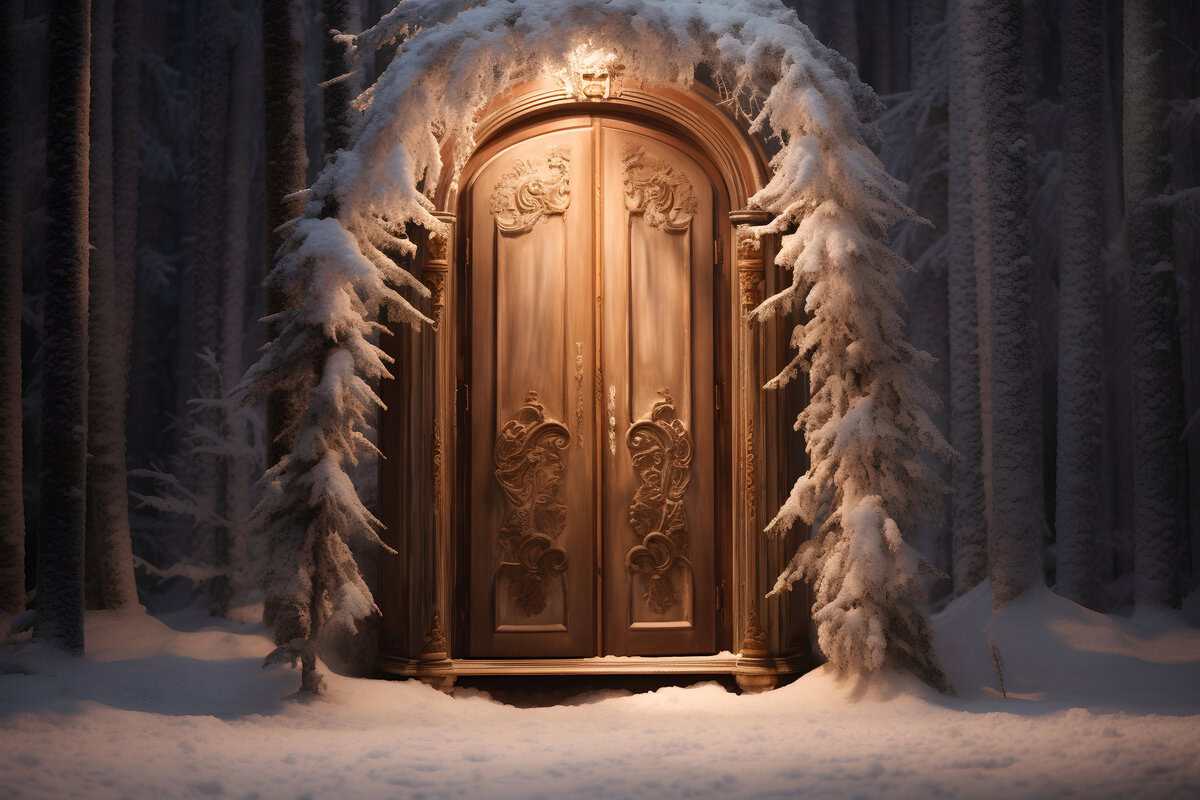
Some mythology-inspired fiction worth adding to your TBR
If you’re feeling inspired to dive into some myth-soaked fiction, here’s a list of reads where the ancient world collides with modern imaginations:
-
A Thousand Ships by Natalie Haynes
Retells the story of the Trojan War from the women’s perspective. Much like The Silence of the Girls, but with a chorus of voices that range from mortals to goddesses.
-
Lore by Alexandra Bracken
Greek gods walk among mortals in this young adult novel, where divine power is up for grabs in a very deadly game. Think The Hunger Games with a distinctly Iliad drive.
-
The Bear and the Nightingale by Katherine Arden
Drawing on Russian folklore and mythology, this enchanting tale of winter spirits and wild magic builds a feeling of both ancient and contemporary.
-
The Chronicles of Narnia by C.S. Lewis
While not exactly contemporary and not based on one single myth, Narnia is a real melting port of mythological creatures, ideas, and Christian allegory.
-
The Inheritance Trilogy by N.K. Jemisin
This trilogy does a great job of exploring power, identity, and the blurred lines between humanity and divinity.
-
The Penelopiad by Margaret Atwood
Another retelling of The Odyssey, but from Penelope’s sharp and sarcastic perspective. It’s short, clever, and makes you rethink everything you thought you knew about Odysseus’ faithful wife.
Looking for more thoughtful content?
If you’re on the hunt for more chin-scratching reads, our blog is packed with bookish thought pieces that you’re sure to love. You can also discover detailed reviews of tons of bestsellers on our reviews section.
